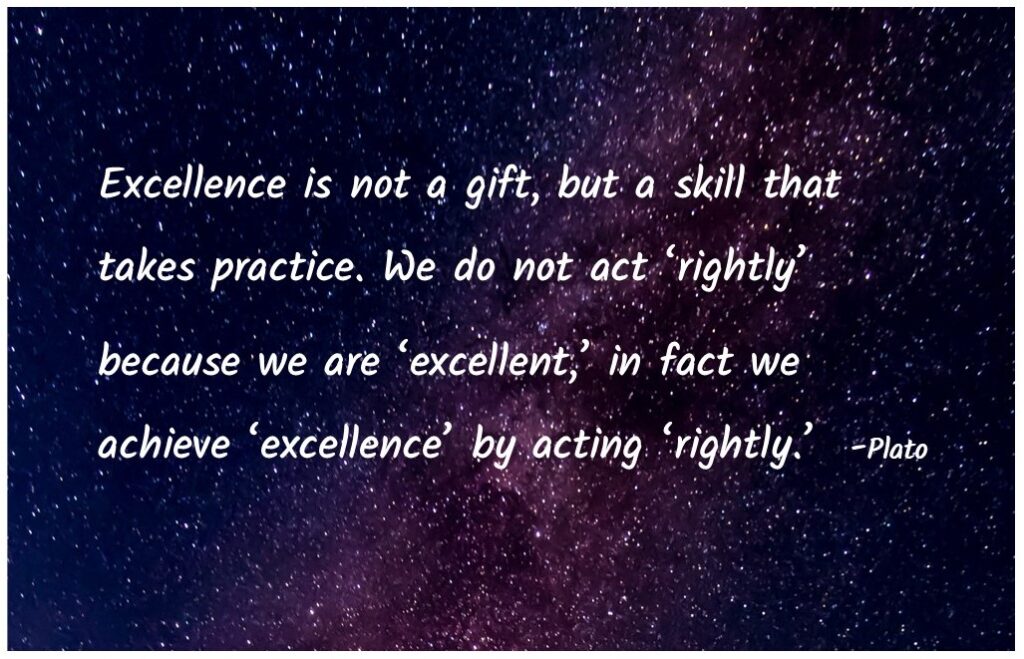There is no doubt that you may sometimes feel bombarded with training requirements. On occasion, training is required as a result of a recent accident or near miss, or perhaps due to a new regulation or procedure. Other times, training for various topics may be an annual requirement, aimed to keep important safety tips and reminders fresh in our minds.
Regardless of the cause, the purpose of training is to provide opportunities for us to think about why we do or are tasked to do certain things certain ways. It is “practice” for our minds. Much like a hands-on training would allow you to practice a mechanical repair skill, a standard training course (live, online/virtual or self-paced) allows us to practice our thought process as we navigate an issue. If an abnormal or emergency condition arises in the control room, we can rely on our training to help us think about what might be causing the issue, what our alternative solutions may be, and who best to engage to assist us. And we all know that when an incident occurs on or around the pipeline, one of the first things that will be asked by an investigator is, “Did the employee receive adequate training to do the job?”[1]
We practice many things. When we are younger, we may practice our good manners by often being prompted to say “Please” or “Thank You” when we want or receive something. Then as we grow up, we may practice our pitching skills so that we hone our skill to one day achieve that major league baseball dream career. As we move into high school or technical trade schools, we practice our studying skills and our vocational skills so that we can be prepared for our early adult-hood. And even now, we practice our on-the job skills so that we can be equipped to handle what comes our way in a sometimes unpredictable and high-risk environment. Our human nature drives us to want to be good at whatever we set our minds to. But the desire to be good is not enough. Excellence should be our goal, and that takes practice.
Plato, a famous philosopher who lived 400 years BC once said, “Excellence is not a gift, but a skill that takes practice. We do not act ‘rightly’ because we are ‘excellent’, in fact we achieve ‘excellence’ by acting ‘rightly’. So, what does that mean? Well, to me it means that we have to work hard AND practice the right behaviors to achieve excellence. Being smart or honorable creates a good foundation, but practicing the right behaviors is what helps create excellence in us. And excellence is contagious. When we strive for excellence by continually learning, growing and doing the ‘right’ things, we prompt others around us to do the same. But being the example for others can’t be our primary goal. Strive for excellence in your own life, job and family – that should be your focus. The rest will follow.
CRM and Philosophy | Christina Via © 2021 Please Distribute to Others.
[1] Occupational Safety and Health Administration, Training Requirement in OSHA Standards, 2015.




